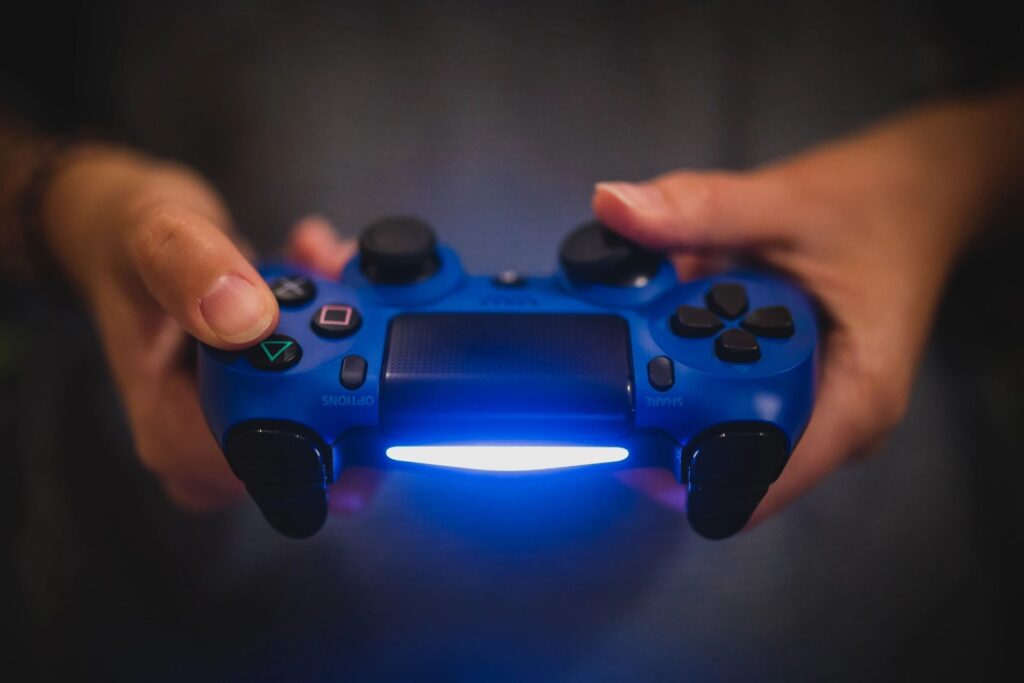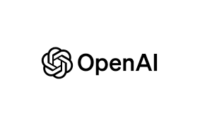As the gaming industry grapples with widespread layoffs, the rapid adoption of automation by companies has game developers on high alert, a situation that could potentially lead to a significant strike.
Introducing ‘Bloom’, a character with a black beanie hat and expressive facial features who resembles many modern video game personas, complete with an emotional backstory. What sets Bloom apart is that his dialogue, spoken by an AI-generated voice, dynamically responds to player inquiries based on a predefined character profile crafted by human writers. Recently showcased by French gaming giant Ubisoft, Bloom and his cohorts, despite occasional awkwardness, serve as a tech demonstration highlighting the potential of generative AI to create spontaneous in-game interactions.
Gaming firms worldwide, including Square Enix and Tencent, are eagerly embracing AI technology, but this corporate enthusiasm has catalyzed discussions about unionization within the industry. Fueled by a surge in layoffs, game developers are increasingly organizing to safeguard their jobs and improve working conditions, with several studios unionizing since 2018. Fear of automation has amplified concerns, particularly among creative roles such as concept artists, animators, and writers.
Who are the game developers involved?
At the forefront of this movement are voice actors and performers represented by SAG-AFTRA, a powerful Hollywood union. Fresh from securing new AI restrictions in film and TV, the union now aims to negotiate similar protections for game performers, even considering a strike if necessary. The union’s efforts aim to ensure informed consent and fair compensation for performers whose voices or likenesses may be replicated using AI.
However, progress has been slow, with negotiations ongoing between SAG-AFTRA and major game companies like Activision Blizzard and Electronic Arts. The union’s demand for comprehensive AI protections faces resistance, particularly concerning motion and face capture performances.
Amidst a backdrop of historic layoffs and rising pro-union sentiment, game workers worldwide are forming unions to address issues like workplace instability and mistreatment. The unprecedented volatility in the industry has sparked widespread concern about the impact of AI on job security and creative autonomy.
While some workers reject the use of AI for content creation, union leaders argue for a collaborative approach to shaping its implementation. They stress the importance of ensuring that workers have a voice in determining the integration of AI technology into game development processes.
Ultimately, as the industry grapples with the evolving role of AI, organizers believe there is a limited window of opportunity for workers to influence company policies before automation becomes capable of replacing them entirely.
See also: Microsoft To Forge AI Alliances With Top South Korean Tech Firms


















